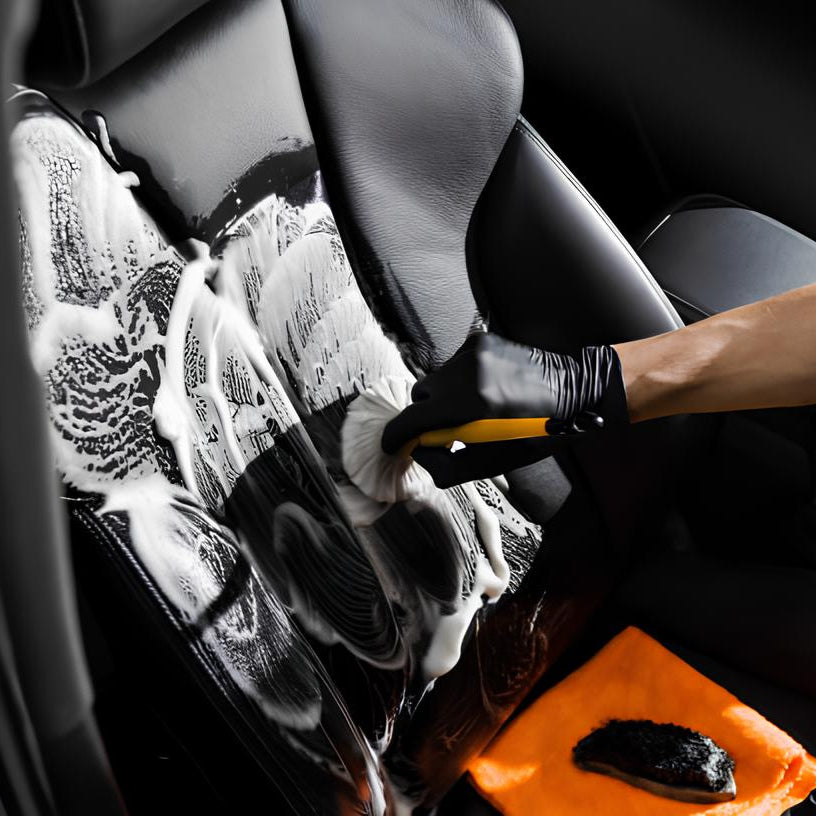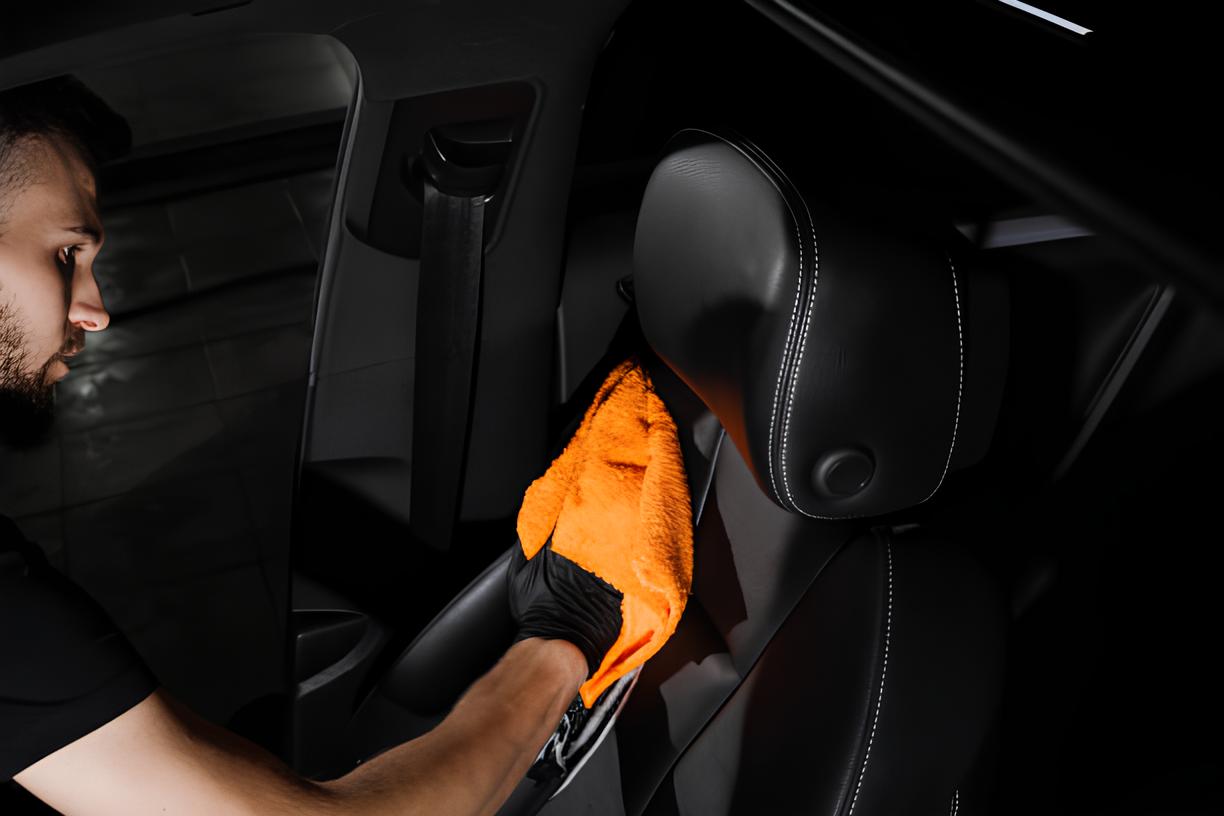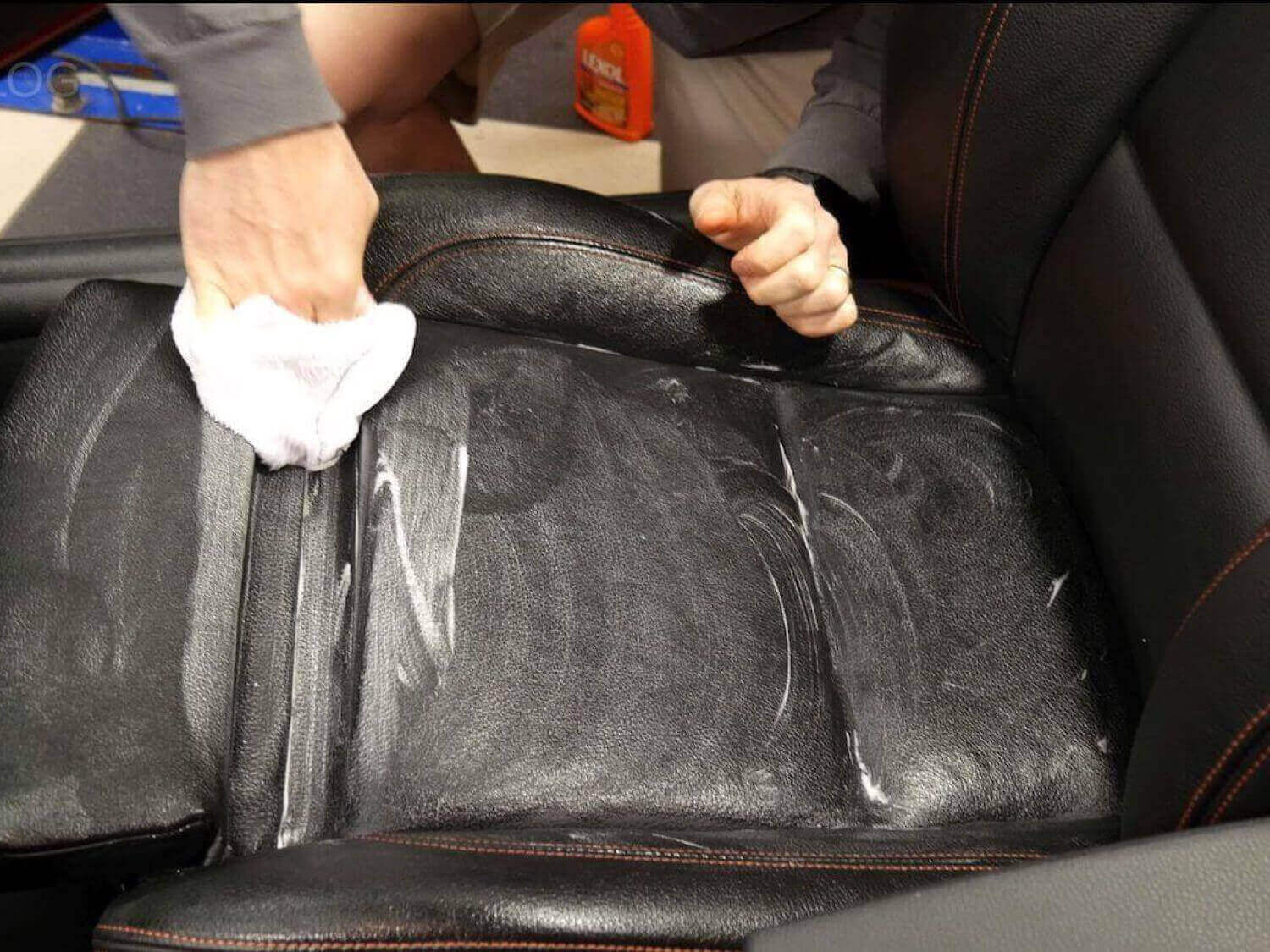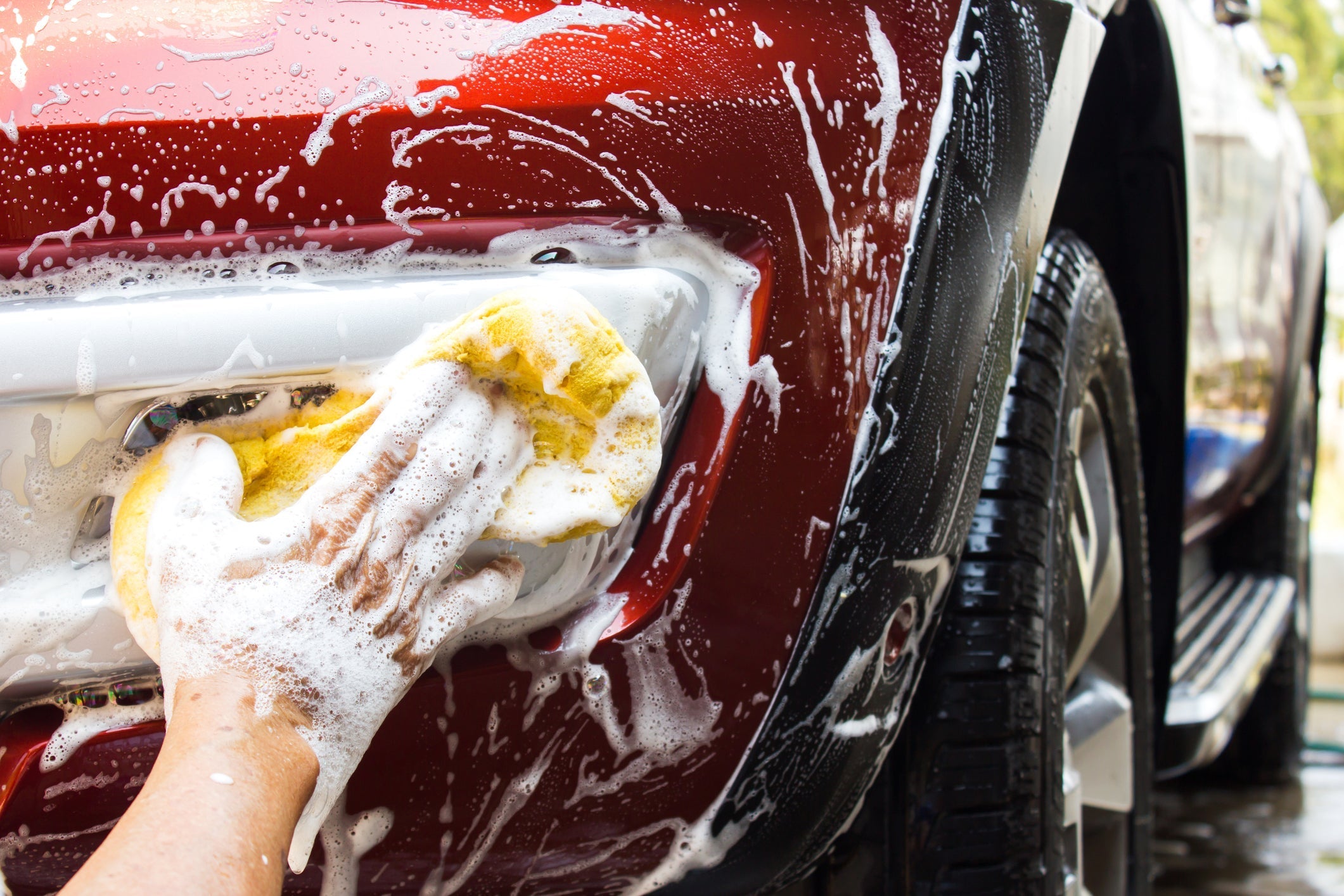Leather seats add a touch of luxury to any car, but maintaining their pristine condition can be challenging. Over time, exposure to heat, dirt, and daily wear can cause issues like cracks, stains, and fading. Many car owners neglect leather care, believing that leather is naturally durable and resistant to damage. However, without proper maintenance, even high-quality leather can deteriorate quickly.
This article will guide you through the most common leather problems in cars and provide expert tips on how to clean, protect, and extend the life of your leather seats.
Common Leather Issues in Cars
Cracks and Peeling
Leather cracks and peels primarily due to dryness, UV exposure, and improper cleaning techniques. When leather loses its natural oils, it becomes stiff and brittle, leading to visible cracks.
How to Prevent Cracks:
- Regularly apply a leather conditioner to keep the material hydrated.
- Park in shaded areas or use sunshades to prevent excessive heat exposure.
- Avoid using harsh chemicals or alcohol-based cleaners, as they strip natural oils.
Fading and Discolouration
Leather seats often fade due to prolonged exposure to direct sunlight. UV rays break down the leather’s pigments, leading to a dull and lifeless appearance.
How to Restore Faded Leather:
- Use a high-quality leather dye or restorer to bring back the original color.
- Apply UV protectant sprays to shield the leather from further sun damage.
- Regularly clean and condition the leather to prevent premature fading.
Stains and Spills
Leather is prone to staining, especially from food, ink, grease, and liquids. If spills aren’t cleaned immediately, they can seep into the leather, causing permanent discoloration.
Quick Stain Removal Techniques:
- For food and drink stains: Use a damp microfiber cloth with mild soap.
- For ink stains: Rubbing alcohol or a specialized leather cleaner can help remove ink without damaging the surface.
- For oil and grease stains: Sprinkle cornstarch or baking soda to absorb excess oil before wiping clean.
Dryness and Hardening
Leather naturally contains oils that keep it soft and flexible. Over time, exposure to heat and air conditioning can cause these oils to evaporate, making the leather stiff.
Preventing Stiff Leather:
- Apply a leather conditioner every 3-6 months.
- Avoid excessive heat and cold exposure.
- Use a humidifier in dry climates to maintain moisture levels.
Mould and Mildew Growth
Mould and mildew thrive in damp environments. If moisture gets trapped inside the car, it can lead to unpleasant odours and greenish-black spots on leather seats.
How to Remove Mould from Leather:
- Use a mixture of vinegar and water to wipe affected areas.
- Let the seats air out completely before closing the car.
- Use moisture absorbers or silica gel packs to prevent mold formation.
Best Practices for Leather Maintenance
Regular Cleaning Routine
To keep your leather seats in top condition, clean them at least once a month.
Recommended Cleaning Schedule:
- Weekly: Wipe down with a dry microfiber cloth.
- Monthly: Use a leather cleaner and conditioner.
- Bi-annually: Deep clean with a soft-bristle brush and protectant.
Best Cleaning Products:
- pH-balanced leather cleaners
- Microfiber cloths
- Leather conditioners with natural oils
Conditioning Leather Seats
Leather conditioners help replenish lost moisture and prevent drying. Choose a product that contains natural oils and avoid silicone-based conditioners, as they can create a greasy surface.
Protecting Against UV Damage
- Install window tints or use sunshades.
- Apply a UV protectant spray every few months.
- Park in shaded or covered areas whenever possible.
Avoiding Excessive Moisture
- Use car dehumidifiers to maintain a balanced moisture level.
- Ensure windows and sunroofs are properly sealed.
How to Clean Leather Seats Properly
DIY Leather Cleaning Solution
A simple homemade solution includes:
- 1 part white vinegar
- 2 parts water
- A few drops of mild dish soap
Step-by-Step Leather Cleaning Process
- Vacuum seats to remove dust and debris.
- Apply the leather cleaner using a microfiber cloth.
- Gently scrub with a soft brush for deep stains.
- Wipe off excess moisture and let it air dry.
- Apply a leather conditioner for added protection.
When to Seek Professional Help
If your leather seats have deep cracks, stubborn stains, or severe fading, consider professional leather restoration. Choose a reputable auto detailing service that specialises in leather care.
FAQs
-
How often should I clean my leather car seats?
At least once a month, with conditioning every 3-6 months. -
Can I use baby wipes to clean leather seats?
No, they contain chemicals that can dry out leather. -
What is the best way to prevent leather cracking?
Regular conditioning and avoiding heat exposure. -
Are there home remedies for removing stains from leather?
Yes, vinegar and baking soda work well for most stains. -
What should I do if my leather seats are already peeling?
Seek professional repair to restore them properly.







Share: